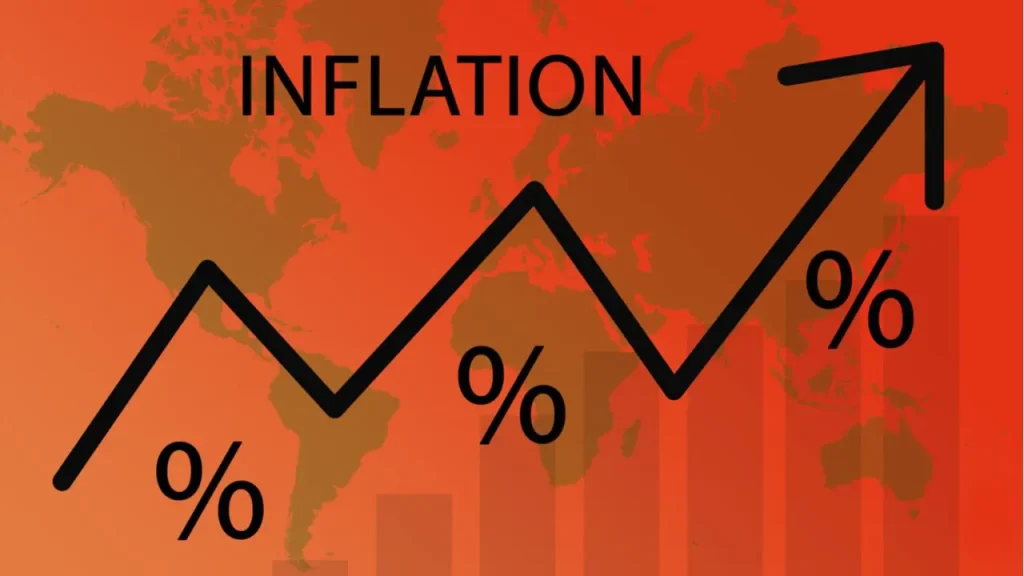
The National Bureau of Statistics (NBS) of Nigeria released its Consumer Price Index (CPI) report for May 2024, revealing a notable increase in both headline and food inflation rates compared to the previous month.
The headline inflation rate for May 2024 rose to 33.95 percent, marking a slight increase from 33.69 percent in April 2024. This uptick represents a 0.26 percentage point rise month-on-month. On a year-on-year basis, May 2024 saw headline inflation climb by 11.54 percentage points compared to May 2023, when it stood at 22.41 percent.
Food inflation, a component of Nigeria’s CPI, also experienced an increase. In May 2024, the food inflation rate reached 40.66 percent year-on-year, up from 24.82 percent recorded in May 2023. Month-on-month, food inflation was 2.28 percent in May 2024, slightly lower than the 2.5 percent recorded in April 2024.
The rise in food inflation was attributed to increases in prices across various categories including bread and cereals, potatoes, yam, and other tubers, oil and fats, fish, and meat.
On a year-on-year basis, Kogi State recorded the highest food inflation rate at 46.32 percent, followed by Ekiti (44.94 percent) and Kwara (44.66 percent). Conversely, Adamawa (31.72 percent), Bauchi (34.35 percent), and Borno (34.74 percent) saw relatively slower rises in food prices.
For the month of May 2024, Gombe State reported the highest month-on-month food inflation rate at 4.88 percent, with Kano (4.68 percent) and Bayelsa (3.62 percent) following closely. On the other hand, Ondo (0.02 percent), Yobe (0.95 percent), and Adamawa (1.02 percent) recorded the lowest increases in food prices month-on-month.
The NBS report underscores ongoing challenges within Nigeria’s economic landscape, particularly regarding inflationary pressures, which continue to impact consumer purchasing power across the country. As stakeholders assess the implications of these inflationary trends, attention remains focused on strategies to mitigate food price increases and stabilize the economy for sustainable growth.
The NBS emphasized the importance of transparent and effective economic policies to address these challenges, ensuring equitable access to essential goods and services amid fluctuating market conditions.








